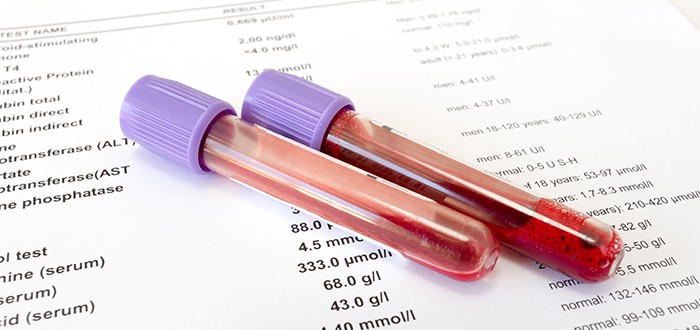The American Society of Clinical Oncology held its annual meeting in early June. As in prior years, this event drew many top researchers who specialize in mesothelioma.
Gathering in Chicago, attendees learned new insights about mesothelioma and received updates about ongoing research.
Among the updates given to meeting participants: new information about CRS-207 and FP-1039. These are novel mesothelioma treatments about which we have previously reported.
T cells Attack Mesothelioma
CRS-207 is a live, attenuated double-deleted strain of the Listeria monocytogene. The company that developed it — Aduro Biotech Inc. based in Berkeley, California — engineered CRS-207 to express mesothelin.
Mesothelin is an antigen associated with mesothelioma. CRS-207 is intended to goad the immune system into sending out T cells in search of mesothelin in order to attack mesothelioma.
Aduro Biotech has been testing CRS-207 in a Phase 1b clinical trial that combines this immunotherapeutic with pemetrexed and cisplatin — standard chemotherapy agents — for patients with unresectable malignant pleural mesothelioma.
The firm told the assembled members that disease control was observed in 34 of the 36 patients enrolled in the clinical trial.
The audience also heard that one of the 36 patients experienced a complete response, while 20 others showed partial responses. Thirteen were found to have achieved disease-stable status.
Aduro Biotech also reported that CRS-207 taken alone was able to shrink mesothelioma tumors in 11 of the patients.
As to overall survival, 16.4 months was the median. The attendees also learned that CRS-207 was generally well-tolerated.
“These results demonstrate that CRS-207 induces anti-tumor activity in patients with malignant pleural mesothelioma,” the company said. “Preclinical data suggest that the simultaneous inhibition of regulatory T-cells through the addition of a checkpoint inhibitor may amplify the tumor response and overall survival seen with CRS-207.”
Aduro Biotech explained to the audience that the Phase 1b trial was being conducted at multiple sites and that the enrollees had not previously received chemotherapy.
The treatment regimen has consisted of two doses of CRS-207 at the start and then as many as six cycles of chemotherapy. After that, patients have received two more doses of CRS-207.
“Clinically stable patients receive CRS-207 maintenance every eight weeks and are followed every eight weeks until disease progression,” Aduro Biotech said. “Objectives of the study are safety, immunogenicity, objective tumor responses and tumor marker kinetics.”
Signals to Mesothelioma Blocked
Five Prime Therapeutics Inc. has its own Phase 1b clinical trial underway. Conference attendees received word from the company that FP-1039 (also known as GSK3052230) is continuing to impress the researchers conducting that trial.
FP-1039 is a protein drug. It functions as a ligand trap to interfere with FGF signaling. Basically, FP-1039 binds to FGF2 and other ligands roaming around in extracellular spaces. Doing so blocks them from linking up with FGFR1 on the surface of mesothelioma tumor cells.
Five Prime Therapeutics – located in South San Francisco, California — offered its update in the form of a poster. The title was “Multi-Arm, Open-Label Phase 1b Study of FP-1039/GSK3052230 with Chemotherapy in Malignant Pleural Mesothelioma.”
The poster indicated that participants in the mesothelioma arm of the trial were being given weekly infusions of FP-1039 plus pemetrexed and cisplatin. All of these patients have untreated, unresectable malignant pleural mesothelioma.
According to the poster, 15 mg/kg of FP-1039 has now been identified as the maximum dose patients can tolerate.
Featured in the poster are data from 34 mesothelioma patients. All of them had received FP-1039 as of this past April 18. Eighteen of them have continued to receive FP-1039 since then.
Among those 18 patients, Five Prime Therapeutics found that seven experienced partial response to the drug. Eleven had achieved stable disease.
The poster placed median progression-free survival at 6.8 months. However, the company cautioned that this number isn’t cast in concrete — data are still being received about progression-free survival.

